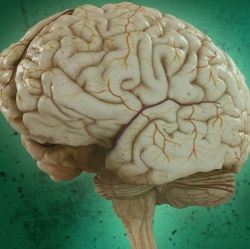
People with mild to moderate levels of Alzheimer’s disease will receive a transfusion of blood plasma from donors under 30. The trial follows a revolutionary study involving mice, where the blood plasma of young mice was injected into old mice, resulting in an improvement in their physical endurance and cognitive function.
Completed earlier this year, their research, combined with independent studies by a handful of research teams around the world, pin-pointed a plasma-borne protein called growth differentiation factor 11 – or GDF11 – as a key factor in the young blood’s powers of rejuvenation. "We saw these astounding effects,” lead researcher and professor of neurology at Stanford, Tony Wyss-Coray, told Helen Thomson at New Scientist. "The human blood had beneficial effects on every organ we’ve studied so far."
Getting approval for their October trial has been fairly straightforward, he said, because blood transfusion therapy has such a long history of safe use in medical procedures, but the team will still keep a very careful eye on how the patients are progressing once they’ve received the young blood. "We will assess cognitive function immediately before and for several days after the transfusion, as well as tracking each person for a few months to see if any of their family or carers report any positive effects," he told Thomson at New Scientist. "The effects might be transient, but even if it’s just for a day it is a proof of concept that is worth pursuing.”
